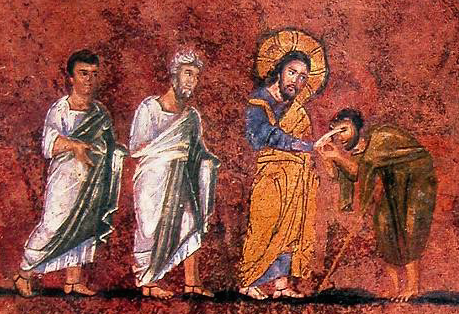The punctuation found in later manuscripts was added by scribes, and is not original to the New Testament. As such, the punctuation that has been passed on to us is the product of the scribes’ own interpretation.
Imagine trying to read a book in which the words are not separated by spaces, and the phrases are not marked by punctuation of any sort, so that all you see is a continuous stream of letters for which you must provide your own word- and phrase-stops. Not only would the unusual condition of the text slow you down a great deal, but you would also, at times, be at a loss to know the precise meaning of certain sentences, because punctuation guides the way in which we interpret texts.
Premium Members and Friends of JP must be signed in to view this content.
If you are not a Premium Member or Friend, please consider registering. Prices start at $5/month if paid annually, with other options for monthly and quarterly and more: Sign Up For Premium




Comments 1
Thank you for clarifying the meaning of this verse. I have always been troubled by the translation found in KJV and others.